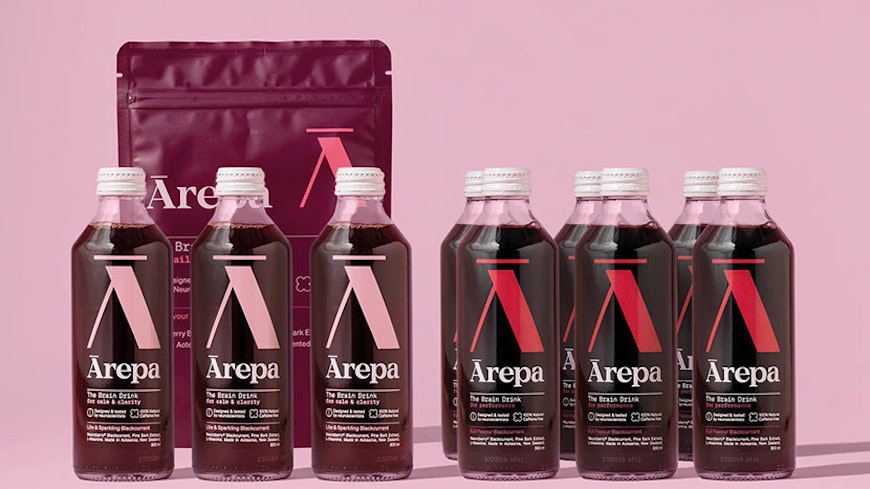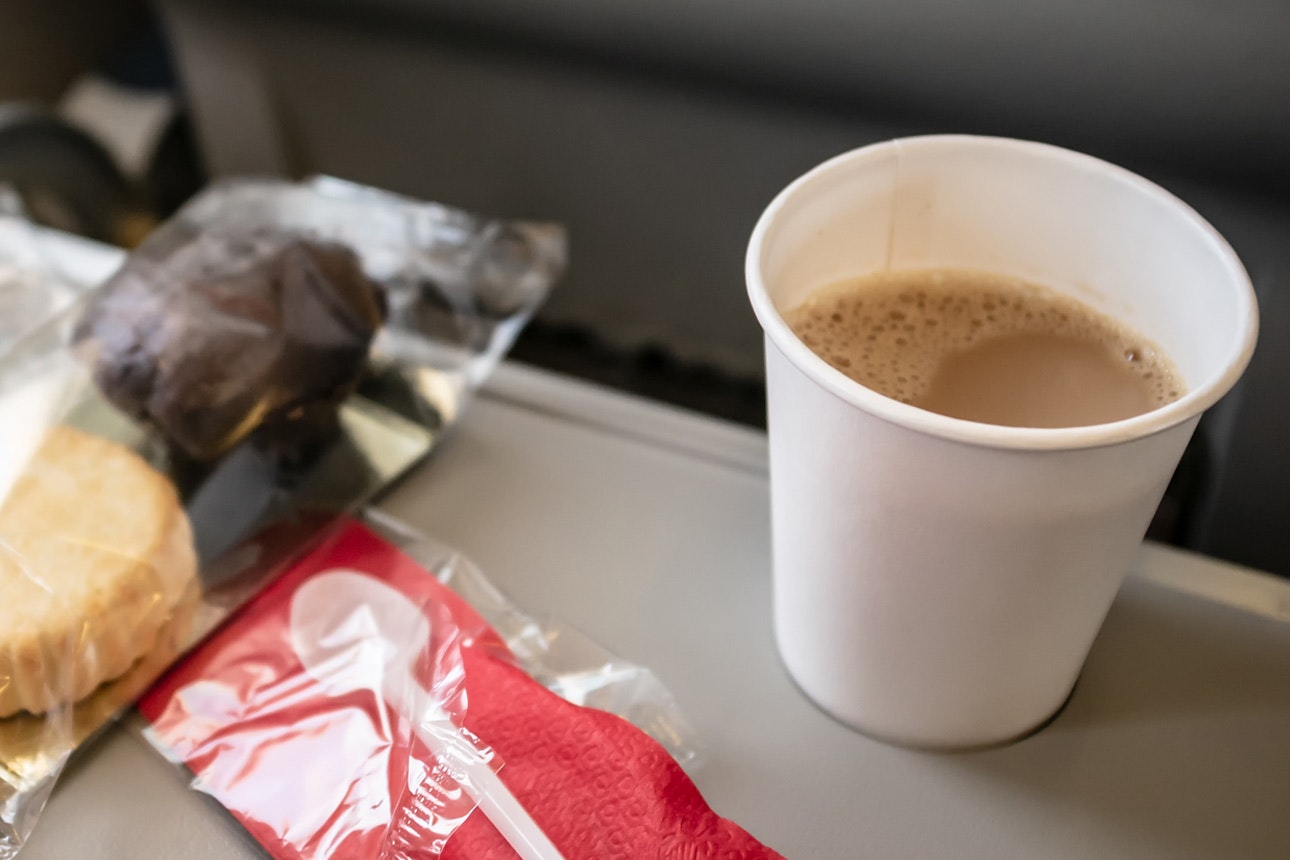
By Belinda Castles
Researcher | Kairangahau
New Zealand Food Safety (NZFS) has told Alphagen NZ Limited to publish a statement on its website informing consumers that the health claims on its Ārepa “The Brain Drink” breach the Food Standards Code.

Photo: Ārepa
The drink, containing blackcurrants, pine bark extract and L-theanine, claims to be “designed and tested by neuroscientists” and exists to “make brains work better”.
The website statement says that the health claims attributed to Enzogenol (pine bark extract) and L-theanine have not been substantiated. Instead, it’s only the vitamin C content of the drink that’s responsible for the health benefits, but this was not obvious in its messaging.
If a product has more than 10% of an adult's recommended daily vitamin C allowance per serving, the Australia New Zealand Food Standards Code lets manufacturers claim that vitamin C is necessary for normal neurological and psychological function and contributes to reducing tiredness and fatigue. The product must also meet nutrition content requirements and attribute its health claims to the vitamin C content.
We are pleased NZFS took a tough line regarding Ārepa’s health claims. In 2019, we published an article on an earlier formula of the drink that pointed out its claims were made because of the drink’s vitamin C content and not the other “clinically researched ingredients”.
Health claims on drinks can be misleading
At Consumer NZ, we are concerned health claims can give foods a misleading health halo and our past investigations have found other products in breach of the Food Standards Code.
Lewis Road Creamery collagen-infused milk: In 2020, it dropped its claim after we pulled up the company for failing to comply with the Food Standards Code.
Adashiko Collagen Refresh Still Pure Artesian Water: In 2021, we called this collagen drink out for making non-compliant health claims. The company said it was unaware the claims were non-compliant and would contact the regulator about the code’s requirements.
No Ugly Sleep tonic: In 2021, we asked the drink brand No Ugly to substantiate its claim for its Sleep Tonic. No Ugly’s website claimed this product was “full of magnesium which has been found to help regulate melatonin”. The company removed this claim after we questioned it.
Research writer Belinda Castles said consumers should also be wary of health claims on fruit-juice-based drinks.
“Fruit juice is a high-sugar drink as it contains all the naturally occurring sugar found in the many pieces of fruit required to make the juice. Fruit is more filling and provides more fibre, and when it comes to vitamins and minerals from fruit, it’s best to eat, not drink them. Juices are also acidic, which can lead to tooth decay,” she says.
We would like to see more proactive monitoring of health claims to ensure food and drinks companies aren’t misleading consumers.
NZFS deputy director-general Vincent Arbuckle told Consumer NZFS receives information about health claims compliance in several ways, including its investigations, complaints from the public and partner agencies, and food businesses complaining about their competitors.
“The process to facilitate compliance with labelling requirements can take time. In most instances, NZFS will work with a food business to ensure the health claim information it is giving consumers can be substantiated.”
What do the rules say about health claims?
Health claims are regulated by the Australia and New Zealand Food Standards Code and refer to a relationship between food and health. Health claims are only allowed on foods that are sufficiently “healthy” by taking into account levels of certain nutrients and the amount of fruit, vegetables, nuts and legumes in a product.
There are two types of claims permitted:
General-level health claims refer to a nutrient, substance or food and its effect on general health and well-being. For example, vitamin C contributes to the reduction of tiredness and fatigue.
High-level health claims refer to a serious disease or a biomarker. For example, diets high in calcium may reduce the risk of osteoporosis.
There are more than 200 pre-approved general-level health claims and 13 pre-approved high-level health claims.
Companies wishing to use a general-level health claim that isn’t pre-approved must notify Food Standards Australia New Zealand (or NZFS if the product is a supplemented food). As part of the notification, the company must declare it has evidence which meets certain requirements to substantiate the claim. NZFS evaluates every notification by a New Zealand company.

We can't do this without you.
As an independent non-profit, we depend on the generous support of our members and donors to keep us fighting for a better deal.


